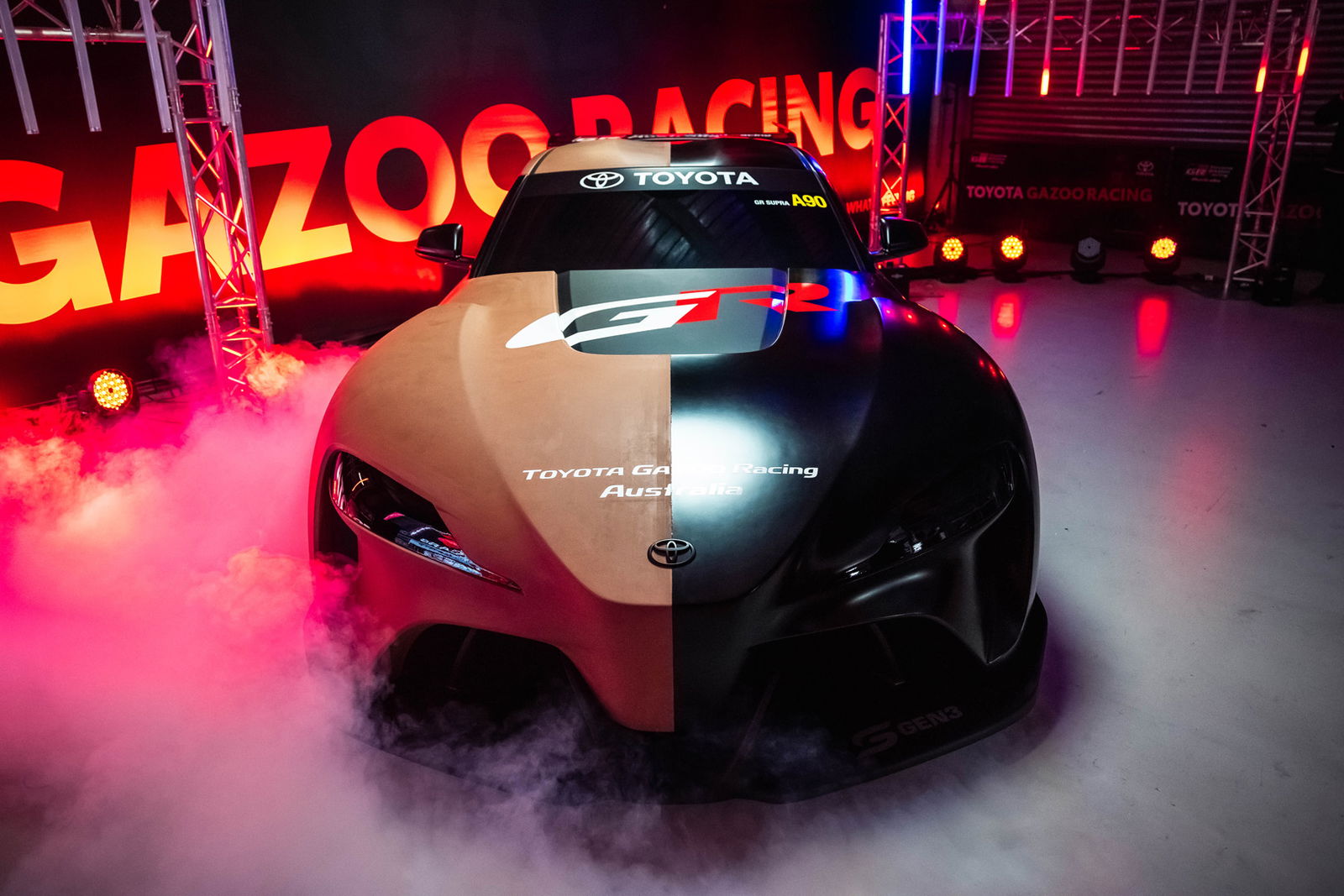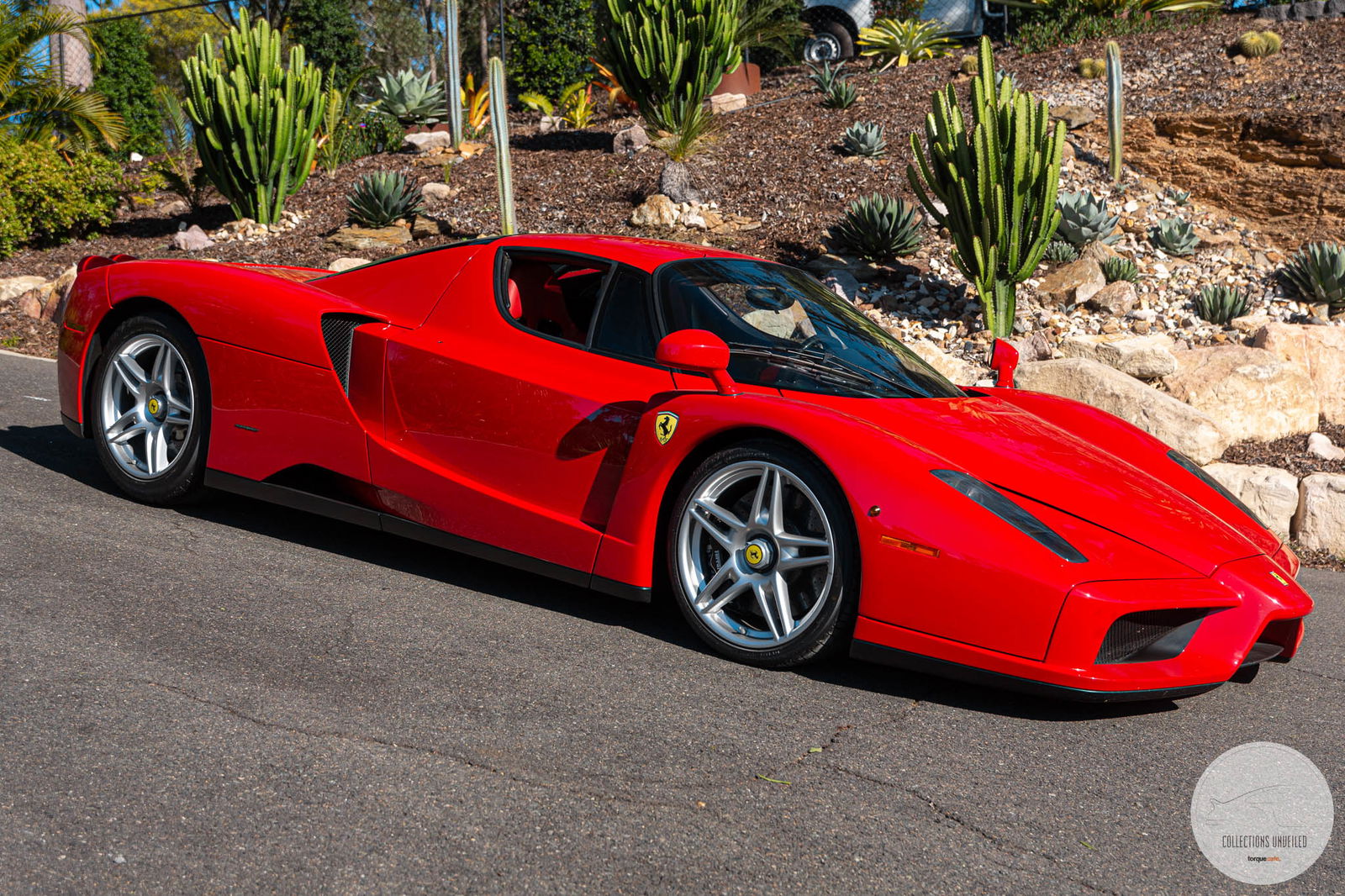

That’s the view of Toyota’s sales boss Sean Hanley who has been a driving force behind the global carmaker’s impending move into Supercars.
Toyota has embraced the current Supercars rules by committing to V8 power for the Supra Supercar, despite not offering a V8-powered road-going Supra.
However, given Toyota’s place in the global automotive market, and the rise of hybrid, electric and other green technologies, whether Toyota sees a hybrid future for Supercars is a worthy question.
According to Hanley, the general commitment to Supercars comes with no specific demands regarding anything outside of internal combustion engine power.
But that doesn’t mean he is against exploring green options such as hybrid or even hydrogen conversions on the current ICE power units.
“Of course, in the future we are always open to ideas,” he told Speedcafe.
“But we haven’t entered Supercars with any commitment or obligation to move in that direction, at all.
“I’ll tell you why; this is a business of entertainment. This is about entertaining a loyal fanbase. And it’s about growing that business.
“When you come out to [Supercars] events, particularly Bathurst, people still love this. This is what they want to see.
“However, what I would say is that you don’t have to give up V8s to be carbon neutral. Everyone is talking electrification, but you can go other ways.
“Not so many years ago, I had the pleasure of watching and driving a V8-converted hydrogen ICE engine. And let me tell you, it had all of the noise and every bit as much speed as the current cars.
“And it was in the high 90 [percent] carbon neutral. The only CO2 was from the oil and brake fluids.
“But that’s not a prerequisite from us to Supercars. We understand it is an entertainment business and we want to be part of it. And we’ll participate in the biofuels they are currently using.
“As time evolves I have no doubt that Supercars will also have to evolve and look at alternatives; whether that is hybrid or biofuels of hydrogen, who knows?
“But we’ll be part of that with them and we’ll learn and the customers will get the benefit.”
However between the early delays to the project, the front-end packaging issues and, much later, the parity and repairability challenges, hybridisation has long since fallen off the Gen3 radar.
Supercars does have green credentials though, with its biofuel program and the move this year to an electric safety car.
Hybrid technologies are used in other categories around the world, most famously in Formula 1 which has had hybrid elements to its engine ruleset since 2009.
The World Endurance Championship, IMSA, the British Touring Car Championship, World Rally Championship and IndyCar are among the series utilising hybrid technologies.




















Discussion about this post